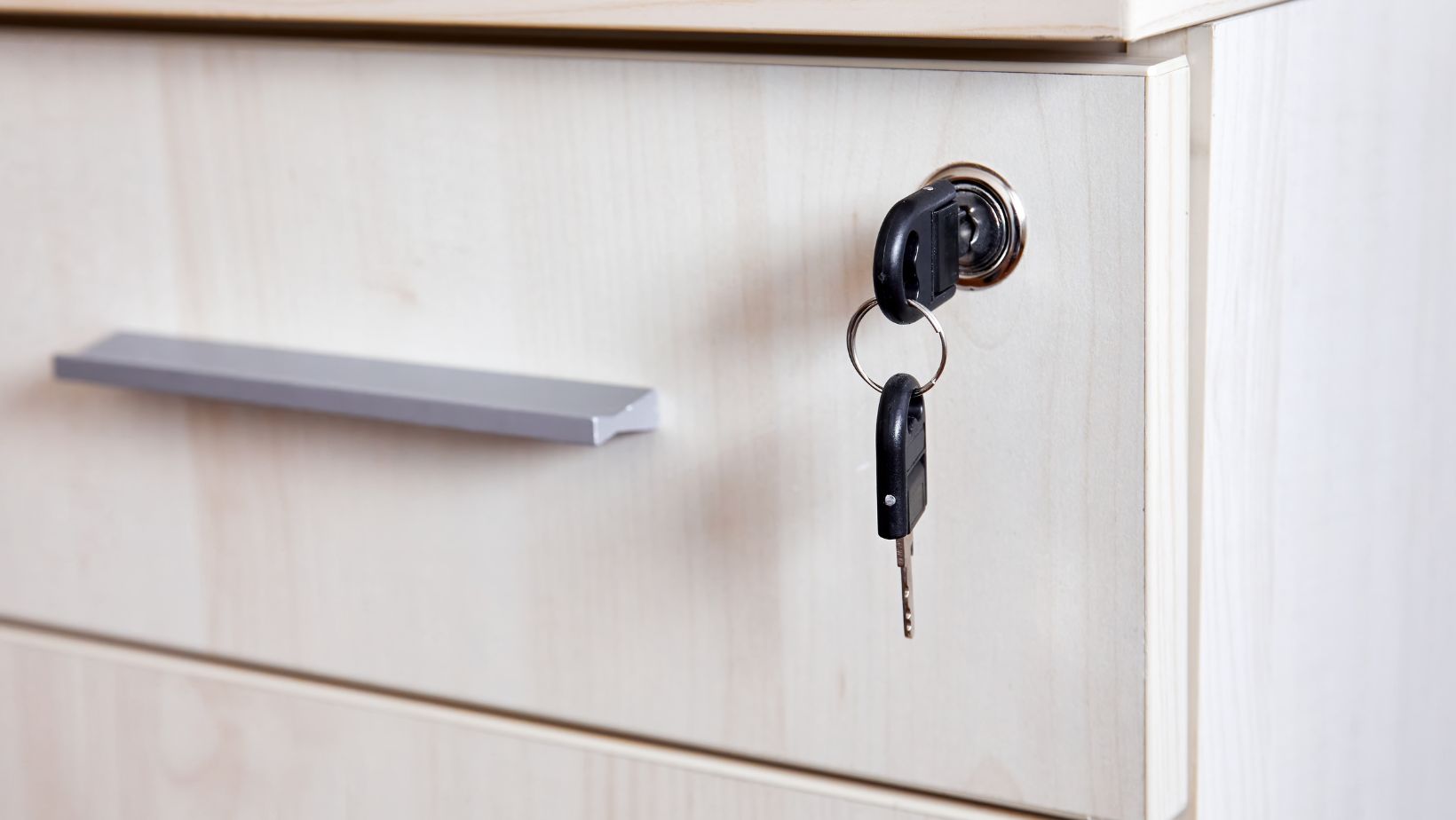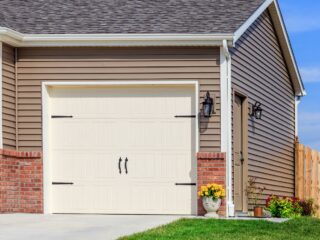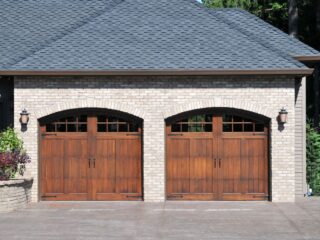
Locking Closet Doors
When it comes to organising our living spaces, closet doors play a crucial role in maintaining order and privacy. However, there are instances when we might feel the need for an extra layer of security by installing locking mechanisms on our closet doors. Locking closet doors can provide peace of mind, especially if you have valuable possessions or sensitive documents stored inside.
One of the main reasons people choose to install locks on their closet doors is to safeguard their belongings from unauthorised access. Whether you have expensive jewellery, important documents, or personal items that you want to keep out of reach, adding a lock can offer an additional level of protection.
Locking closet doors can also be beneficial in shared living arrangements such as dormitories or apartments with roommates. This added security measure ensures that each individual has control over their own personal space and belongings. It helps maintain boundaries and promotes a sense of privacy within communal living environments.
In conclusion, locking closet doors serve as a practical solution for those seeking peace of mind and enhanced security for their belongings. Whether you want to protect valuable possessions or establish personal boundaries in shared living spaces, installing locks on your closet doors can provide the necessary reassurance and control over your private belongings.
Different Types of Locking Mechanisms
There are various options when it comes to locking mechanisms for closet doors. Here are some common ones to consider:
- Keyed Locks: These traditional locks require a physical key to unlock and secure the door. Keyed locks provide a reliable level of security but can be inconvenient if you frequently misplace or forget your keys.
- Knob or Lever Locks: Often used in residential settings, knob or lever locks offer ease of use as they can be operated without a key from one side while still providing security.
- Padlocks: Padlocks offer flexibility as they can be attached to hasps or eyelets on closet doors, providing an additional layer of security.
- Electronic Keypad Locks: These modern locks allow you to set a unique combination that needs to be entered using a keypad for access. Electronic keypad locks eliminate the need for physical keys and provide convenience along with enhanced security.

Choosing the Right Locking Mechanism
When it comes to locking closet doors, selecting the appropriate locking mechanism is crucial for ensuring security and peace of mind. Let’s delve into the different types of locking mechanisms available, factors to consider when making a choice, and a comparison between manual and electronic locks.
Factors to Consider When Choosing a Locking Mechanism
Before settling on a specific locking mechanism for your closet doors, take these factors into account:
- Security Needs: Assess your security requirements based on what you plan to store in your closet. Valuable items may necessitate stronger lock options such as keyed locks or electronic keypad systems.
- Convenience: Consider how frequently you’ll need access to your locked closet and choose a lock that aligns with your usage patterns. For example, if you often need quick access, knob or lever locks might be more suitable than keyed ones.
- Budget: Determine how much you are willing to invest in a locking mechanism. Different types of locks vary in price, so align your budget with the level of security and convenience you desire.
Comparing Manual and Electronic Locks
When deciding between manual and electronic locks, consider the following factors:
- Ease of Use: Manual locks tend to be straightforward and easy to operate, requiring minimal maintenance. Electronic locks offer convenience through keyless entry systems but may require occasional battery replacements or access code updates.
- Security Level: While both manual and electronic locks can provide adequate security, electronic keypad locks often come with additional features such as alarm systems or tamper alerts that enhance overall protection.
- Technology Integration: If you prefer a more technologically advanced approach, electronic locks can integrate with smart home systems, allowing remote access control and monitoring capabilities.
Remember to carefully assess your specific needs before making a final decision on the locking mechanism for your closet doors. By considering aspects such as security requirements, convenience, budget constraints, ease of use, and technology integration options, you’ll be able to choose the right locking mechanism that suits your unique situation.
Please note that this section is part of an ongoing article about locking closet doors. Keep reading for further insights on securing your closets effectively!





